43 come scrivere una lettera motivazionale per un master
conjugator.reverso.net › conjugation-english-verbConjugation come | Conjugate verb come | Reverso Conjugator ... come turn; happen; arrive; ... Infinitive to come Preterite came Past participle come Model : come Auxiliary : have, be Other forms: not come Contractions Advertising Indicative Present I come you come he/she/it comes we come you come they come Preterite I came you came he/she/it came we came you came they came Present continuous I am coming › dictionary › come inCome in Definition & Meaning - Merriam-Webster : to function in an indicated manner come in handy b of a telecommunications signal : to be received came in loud and clear 4 : to assume a role or function that's where you come in 5 : to attain maturity, fruitfulness, or production Phrases come in for : to become subject to came in for harsh criticism Word History First Known Use
Come - definition of come by The Free Dictionary Webcome at 1. To obtain; get: come at an education through study. 2. To rush at; attack. come back 1. To return to or regain past success after a period of misfortune. 2. To retort; reply: came back with a sharp riposte. 3. To recur to the memory: It's all coming back to me now. come between To cause to be in conflict or estrangement. come by 1.

Come scrivere una lettera motivazionale per un master
dictionary.cambridge.org › ingles-espanol › comecome | traducir al español - Cambridge Dictionary come verb uk / kʌm/ us / kʌm/ came | come MOVE TO SPEAKER A1 [ I ] to move or travel towards the speaker or with the speaker venir Are you coming with me? There's a car coming! Can you come to my party? Here comes Adam. She's come 500 km (= has travelled 500 km) to be here with us tonight. If you're ever in Dublin, come and visit us. Came or Come: Which Is Correct? (Helpful Examples) - Grammarhow Web“Came” is correct when using the simple past tense, meaning someone or something came at a certain time in the past and is over now. “Come” is correct when using the past, present, or future perfect tenses, meaning something started “coming” before and may continue in the present. You might not quite understand what we mean yet. Come Definition & Meaning | Dictionary.com Webverb (used without object), came, come, com·ing. to approach or move toward a particular person or place: Come here. Don't come any closer! to arrive by movement or in the …
Come scrivere una lettera motivazionale per un master. Come Definition & Meaning - Merriam-Webster Webcome 1 of 2 verb ˈkəm came ˈkām ; come; coming ˈkə-miŋ intransitive verb 1 a : to move toward something : approach Come here. b : to move or journey to a vicinity with a specified purpose Come see us. Come and see what's going on. c (1) : to reach a particular station in a series Now we come to the section on health. (2) : to arrive in due course idioms.thefreedictionary.com › come+toCome to - Idioms by The Free Dictionary Definition of come to in the Idioms Dictionary. come to phrase. What does come to expression mean? Definitions by the largest Idiom Dictionary. idioms.thefreedictionary.com › come+byCome by - Idioms by The Free Dictionary Definition of come by in the Idioms Dictionary. come by phrase. What does come by expression mean? Definitions by the largest Idiom Dictionary. Come - Definition, Meaning & Synonyms | Vocabulary.com Webmove toward, travel toward something or somebody or approach something or somebody “He came singing down the road” “ Come with me to the Casbah” “ come down here!” “ come into the room” synonyms: come up see more verb reach a destination; arrive by movement or progress synonyms: arrive, get get reach and board see more verb be …
idioms.thefreedictionary.com › come+atCome at - Idioms by The Free Dictionary Definition of come at in the Idioms Dictionary. come at phrase. What does come at expression mean? Definitions by the largest Idiom Dictionary. COME | definition in the Cambridge English Dictionary Webcome verb (MOVE TO SPEAKER) A1 [ I ] to move or travel toward the speaker or with the speaker: Are you coming with me? There's a car coming! Can you come to my party? … › word › Comecome | Etymology, origin and meaning of come by etymonline Mar 13, 2022 · come. (v.) elementary intransitive verb of motion, Old English cuman "to move with the purpose of reaching, or so as to reach, some point; to arrive by movement or progression;" also "move into view, appear, become perceptible; come to oneself, recover; arrive; assemble" (class IV strong verb; past tense cuom, com, past participle cumen ), from ... Come - Idioms by The Free Dictionary Webcome 1. verb, vulgar slang To orgasm. The alternate spelling "cum" is often used. I don't think I'll sleep with him again—I didn't come the last time. 2. noun, vulgar slang Semen. Will a black light pick up bodily fluids like come? Farlex Dictionary of Idioms. © 2022 Farlex, Inc, all rights reserved. come and cum 1. in. to experience an orgasm.
Come Definition & Meaning | Britannica Dictionary Web1. : to start to accept and support something (such as an idea) after opposing it : to stop opposing or disagreeing with something or someone. She still says she won't support us, but she'll come around eventually. [=she'll support us eventually] — often + to. She'll come around to our side eventually. come - Wiktionary WebJan 18, 2023 · come ( third-person singular simple present comes, present participle coming, simple past came or (now nonstandard) come, past participle come or (rare) comen ) ( intransitive) To move from further away to nearer to. She’ll be coming ’round the mountain when she comes […] To move towards the speaker. I called the dog, but she … 145 Synonyms & Antonyms of COME - Merriam-Webster WebSynonyms of come See Definition come verb 1 as in to approach to move closer to come here and sit by the fire Synonyms & Similar Words Relevance approach enter near nigh advance drop in pop (in) Antonyms & Near Antonyms go withdraw leave retreat depart recede (from) exit 2 as in to arrive to get to a destination when do you think they'll come? Come Definition & Meaning | Dictionary.com Webverb (used without object), came, come, com·ing. to approach or move toward a particular person or place: Come here. Don't come any closer! to arrive by movement or in the …
Came or Come: Which Is Correct? (Helpful Examples) - Grammarhow Web“Came” is correct when using the simple past tense, meaning someone or something came at a certain time in the past and is over now. “Come” is correct when using the past, present, or future perfect tenses, meaning something started “coming” before and may continue in the present. You might not quite understand what we mean yet.
dictionary.cambridge.org › ingles-espanol › comecome | traducir al español - Cambridge Dictionary come verb uk / kʌm/ us / kʌm/ came | come MOVE TO SPEAKER A1 [ I ] to move or travel towards the speaker or with the speaker venir Are you coming with me? There's a car coming! Can you come to my party? Here comes Adam. She's come 500 km (= has travelled 500 km) to be here with us tonight. If you're ever in Dublin, come and visit us.


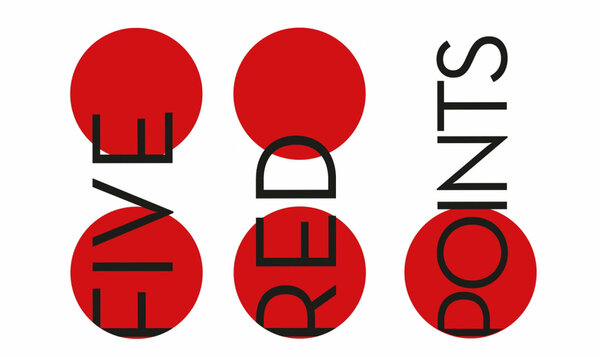



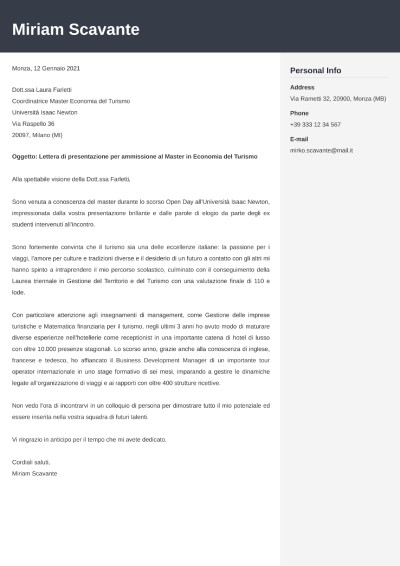
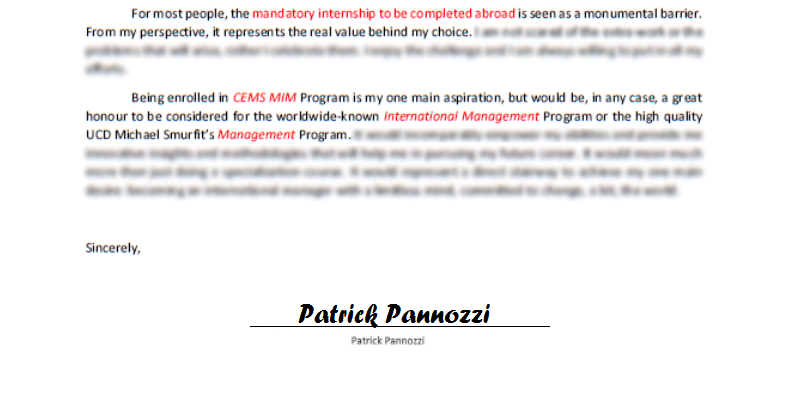


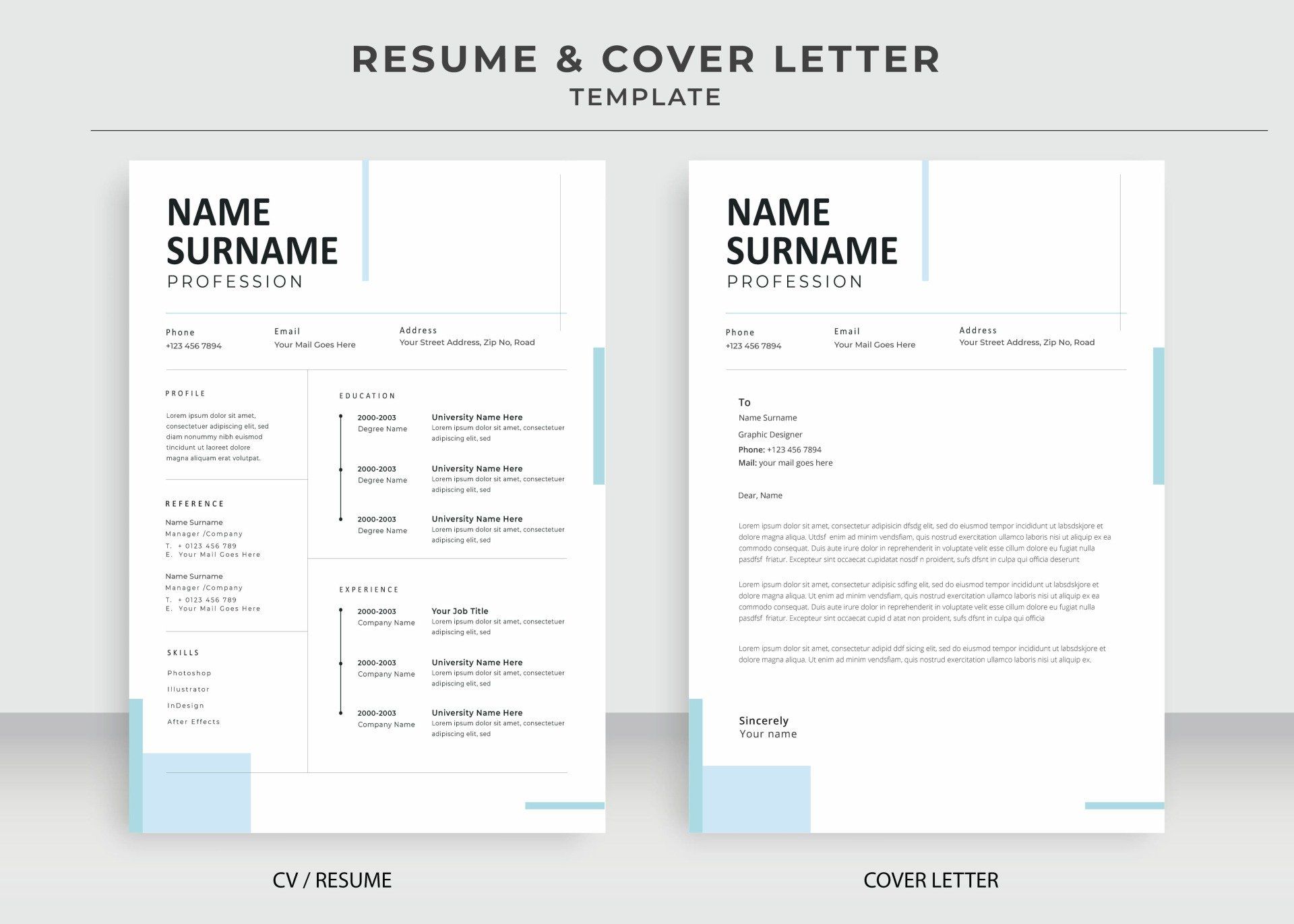


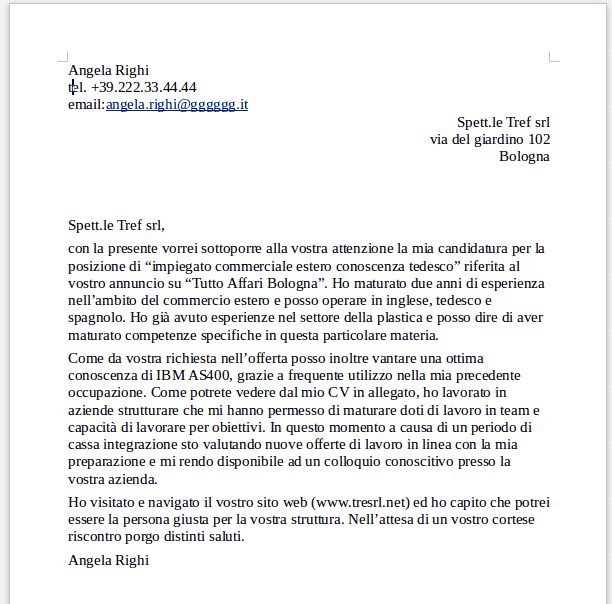


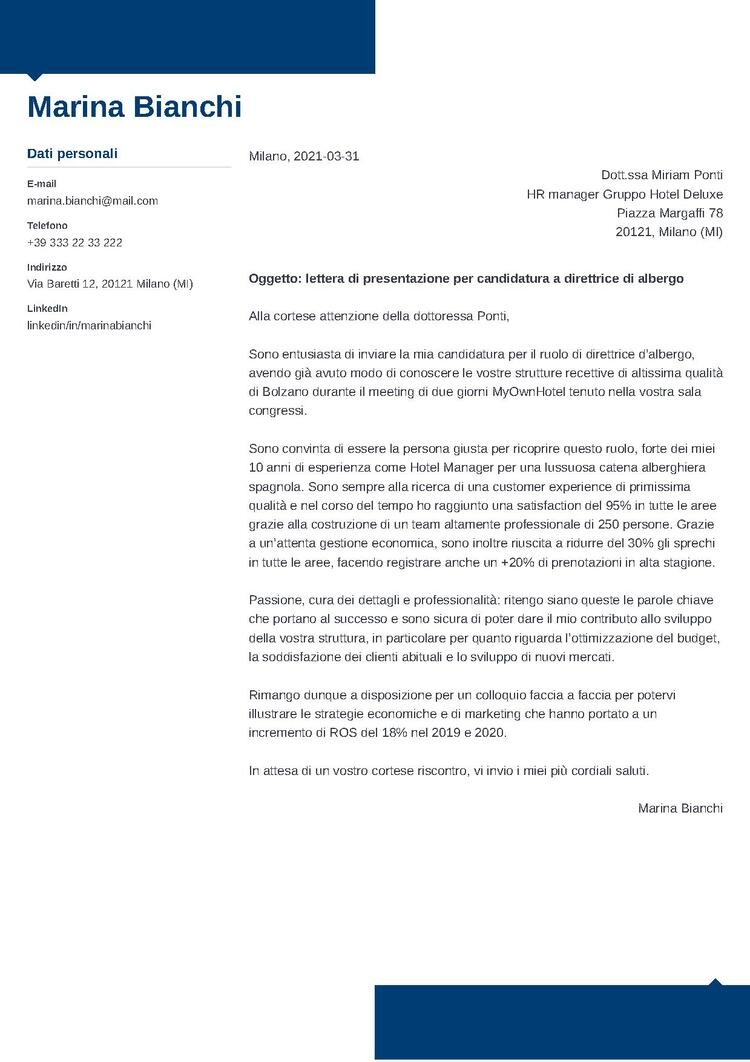




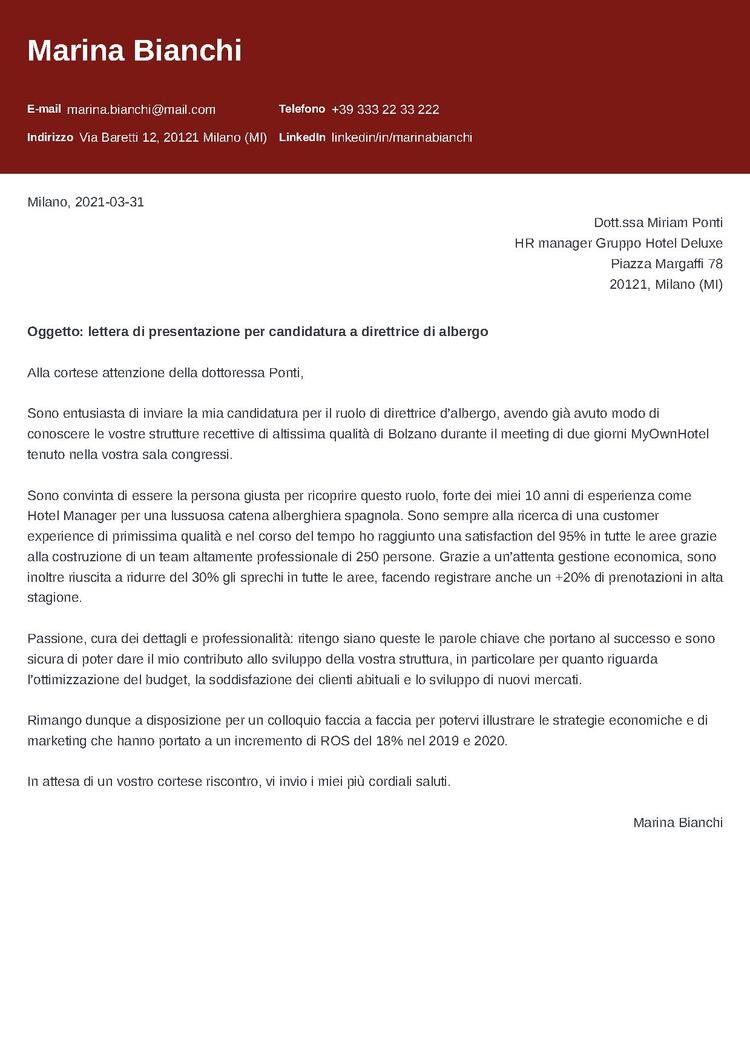








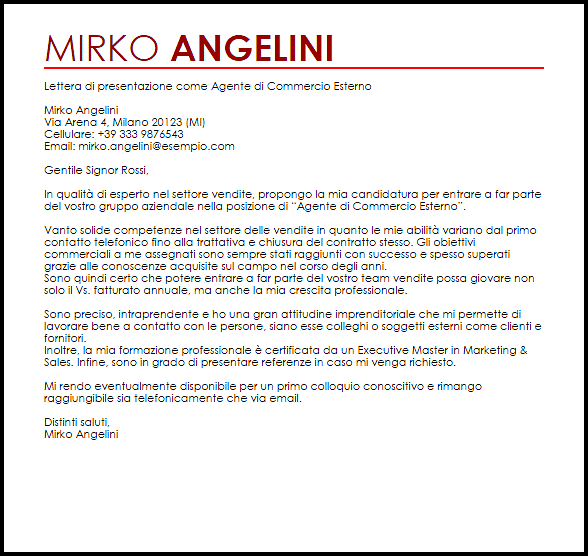
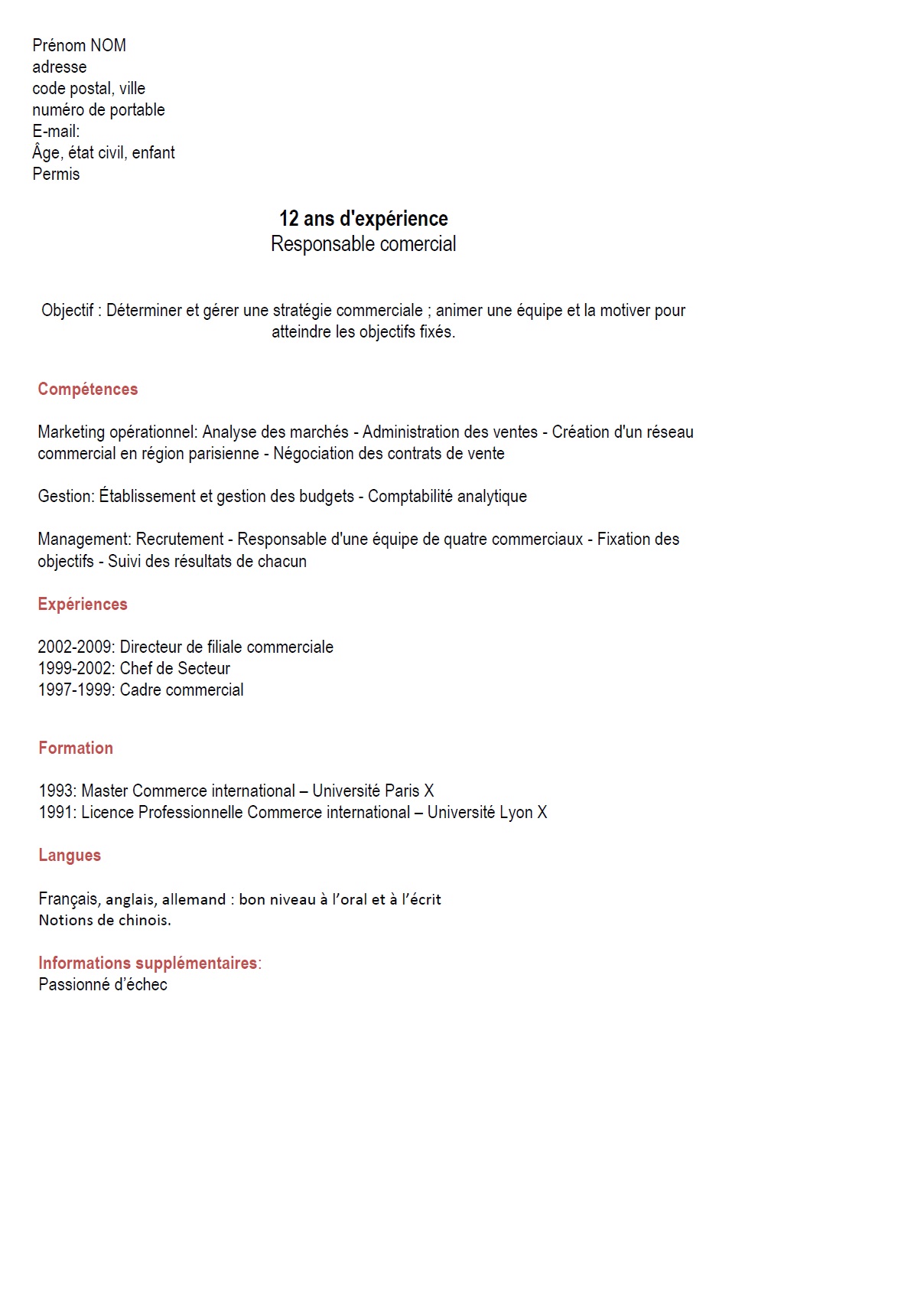



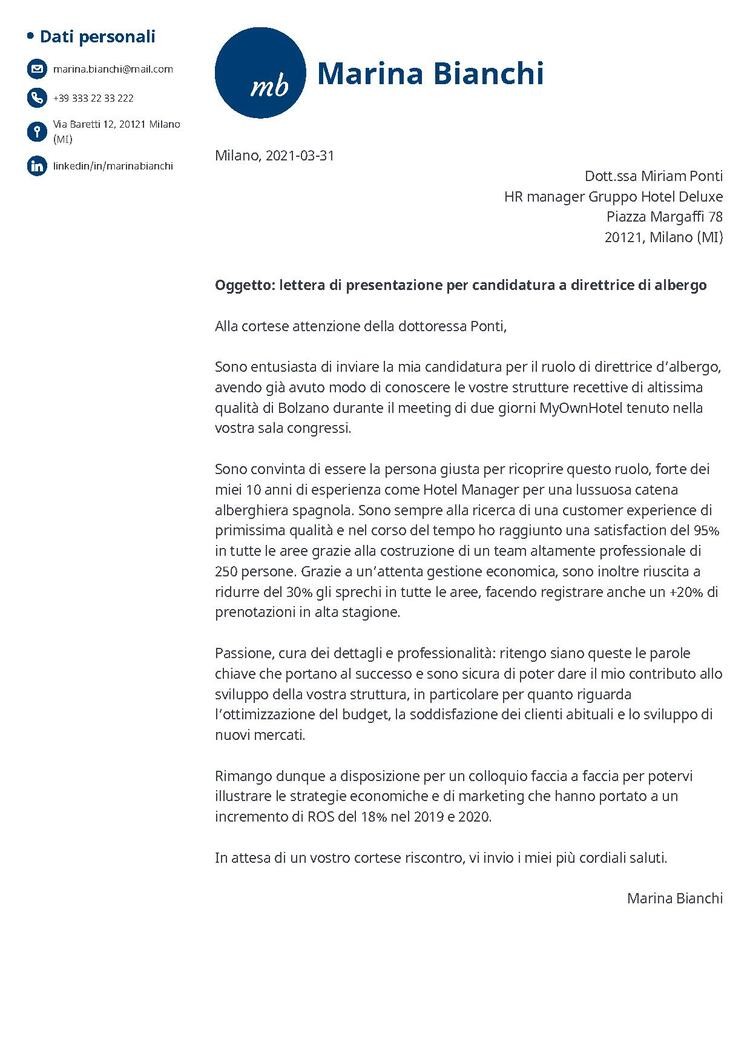


0 Response to "43 come scrivere una lettera motivazionale per un master"
Post a Comment